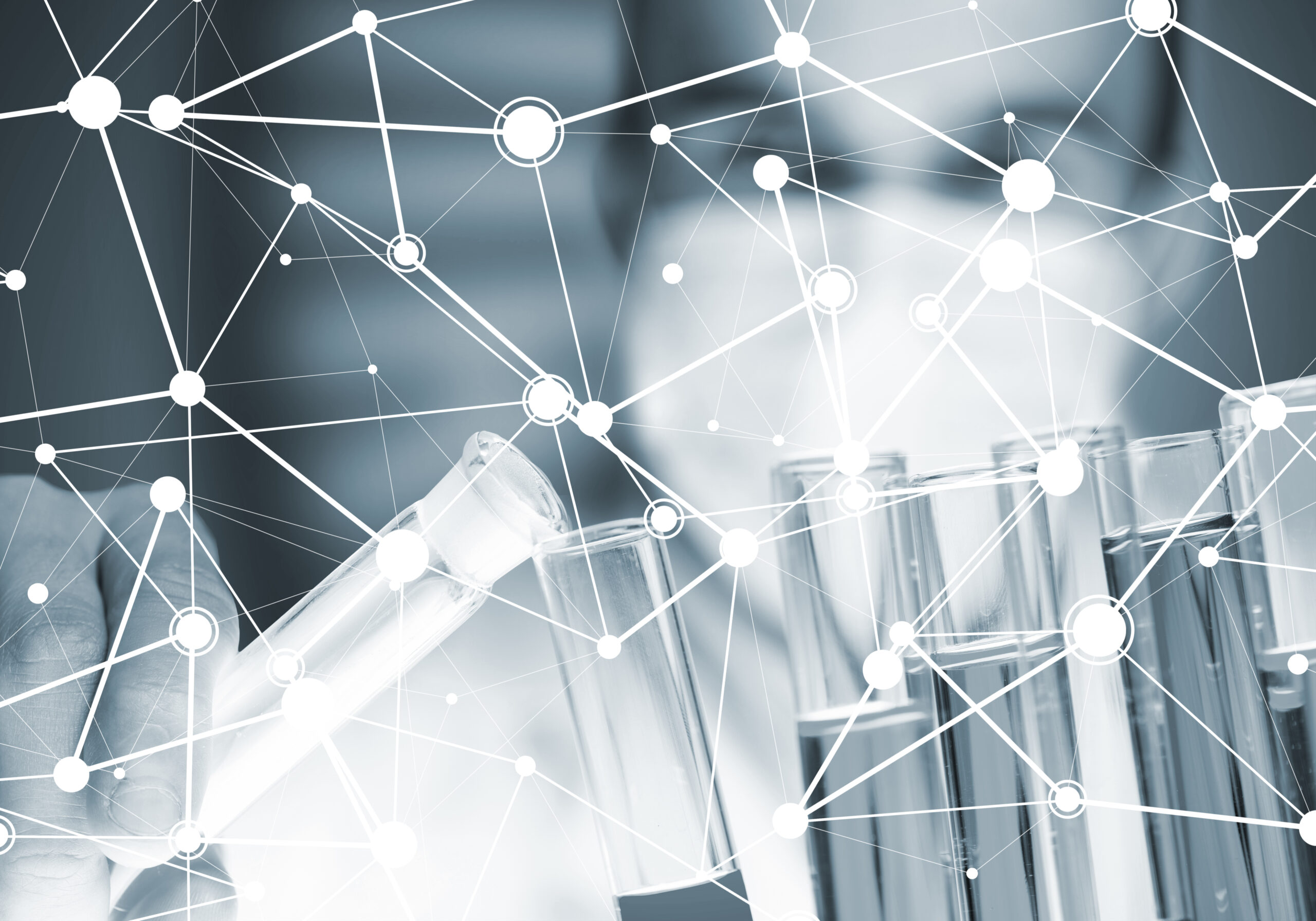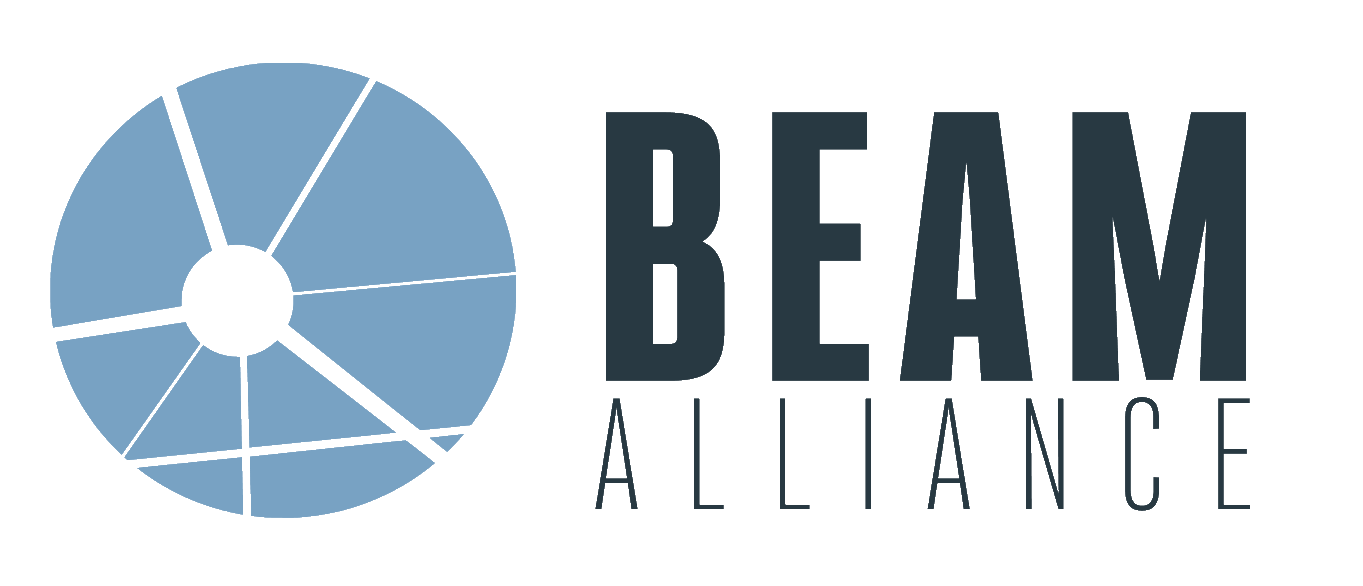Thanks to the AGIR program, DEINOVE has become a unique French industrial biotech in the fight against antibiotic resistance

• The AGIR program, supported by the Investments for the Future Program, has allowed DEINOVE and the Charles Viollette Institute to develop their expertise and technological capacities to face the global challenge of antibiotic resistance.
• DEINOVE now has an industrial platform that is unique in France and exceptional in the world for discovering, characterizing and producing new antimicrobial treatments derived from bacterial biodiversity.
DEINOVE announces today the conclusion of the AGIR program launched in September 2017 and conducted in collaboration with the Charles Viollette Institute. Supported by the third wave of the Investments for the Future Program in the form of a PSPC (Structuring Research and Development Projects for Competitiveness), AGIR aimed to (i) implement the latest technological advances in the collection, farming, screening, optimization and evaluation of antimicrobial compounds from unexplored bacterial strains and (ii) validate the partners’ approach to identify new antibiotic structures that could lead to the development of new treatments.
For DEINOVE, the AGIR program has complemented its industrial capabilities (fermentation, synthetic biology and data science, already optimum in 2017) with technologies and skills that are essential for new antimicrobials discovery on several levels:
– Collection of bacterial species – isolation and domestication of new bacterial strains to extend the biodiversity of DEINOVE’s proprietary biobank;
– Bacterial extraction – implementation of a high-throughput robotic platform to generate ultra-concentrated secondary metabolite extracts from bacterial cultures;
– Antimicrobial screening – implementation of a robotic screening platform to test bacterial extracts against priority antibiotic resistant pathogens;
– Synthetic biology – automation and strengthening of genetic engineering capabilities to modify and optimize bacterial strains;
– Dereplication of bacterial extracts – development of analytical capabilities to identify a molecule with antimicrobial activity within a complex bacterial extract;
– Information management and knowledge capitalization – integration of a laboratory data management system (LIMS).
For Georges Gaudriault, Chief Scientific Officer of DEINOVE: “Thanks to the AGIR program, DEINOVE has built an industrial platform that is unique in France and exceptional in the world for the discovery of new antimicrobials from microorganisms. This is a real scientific, technological and industrial achievement for DEINOVE. We now have an automated, high-throughput screening platform, with robust techniques validated according to the highest international industrial standards. The Covid-19 crisis, on the one hand, and the growing health emergency of antibiotic resistance, on the other hand, remind us how key industrial sovereignty is in the health sector.”
In terms of productivity, the activity of the partners intensified as the technological capabilities were put in place, with a precise division of the tasks to be carried out: at DEINOVE, the responsibility for isolating and domesticating new strains, testing the antimicrobial activities and producing the active extracts; at the Charles Viollette Institute, identifying the molecules responsible for the activity in the extracts (dereplication). During this project, DEINOVE banked nearly 7,000 new proprietary bacterial strains, identified and produced a large number of active bacterial extracts, which were prioritized for dereplication at the Charles Viollette Institute, in close collaboration with DEINOVE. Despite the strong impact of the Covid-19 crisis on its activities, the Charles Viollette Institute has dereplicated 45 strains, including very recently discovered molecules in the family of stechlisins.
For Vincent Phalip, Deputy Director of the Charles Viollette Institute: “The Covid-19 crisis strongly impacted the project in our dereplication activities. The University of Lille was totally shut down for 10 weeks, followed by a gradual period of return to the site, but with an impact on our activities that lasted for several months. Nonetheless, the speed, efficiency and economic gain of the workflow that we were able to develop within the framework of AGIR, as well as its potential for discovering active molecules, have been demonstrated.”
Alexis Rideau, Chief Executive Officer of DEINOVE, concludes: “The availability of new antimicrobials is a major need for the medical community in the face of the intensification of bacterial resistance in the world, as the prestigious medical journal, The Lancet, pointed out last January2. DEINOVE’s platform is now recognized as exceptional by experts in the sector and a major asset for France in the face of the public health challenge of antibiotic resistance, in a context of global innovation that is still far too weak in this field. We would like to thank the Charles Viollette Institute for this fruitful collaboration, as well as the Investments for the Future program and Bpifrance for their support. AGIR has been crucial in transforming DEINOVE into a major industrial player in the fight against antibiotic resistance. The recent addition of microfluidics to this technology platform, via the France Relance plan, will allow us to dramatically increase the rate of initial screening to directly detect antimicrobial activity at the scale of a bacterial strain and to focus our efforts on the best candidates with the rest of the platform.”
Full PR available here

